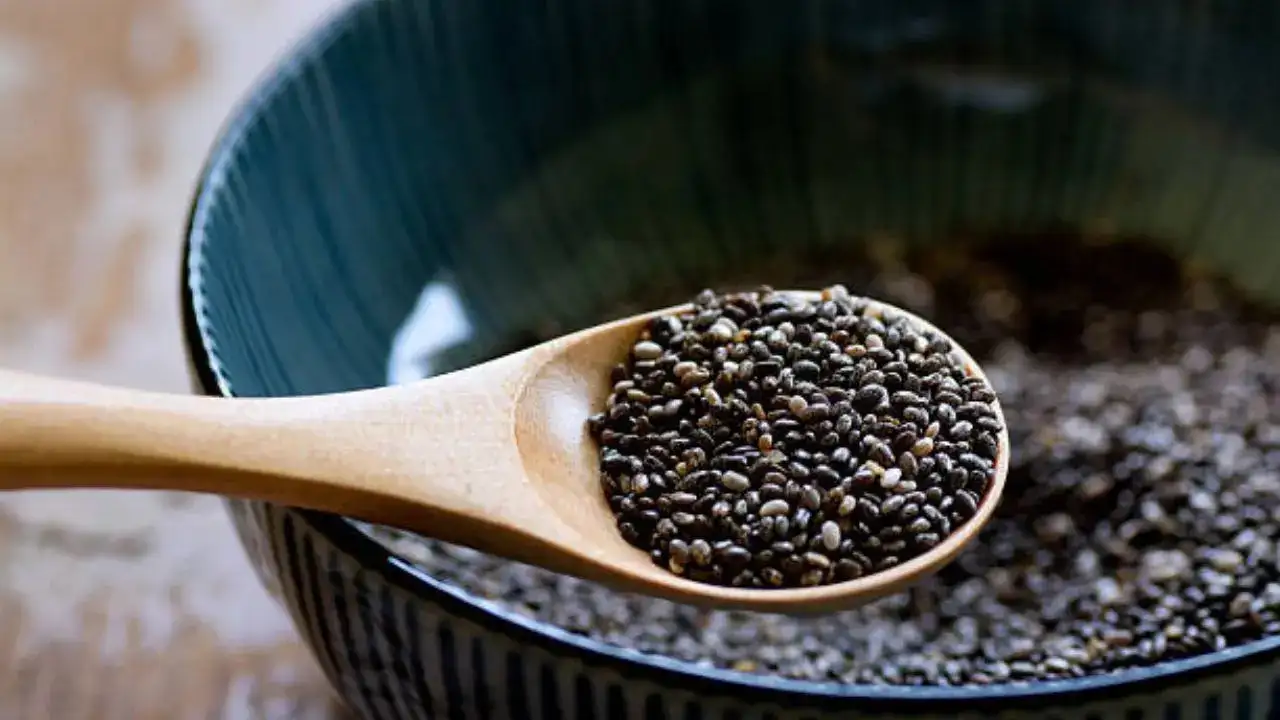
The dangers of chia seeds include the portion size that you may be taking
Chia seeds are among the most amazing sources of macronutrients, which are highly beneficial for your overall health. However, chia seeds can also pose a grave danger to your health. According to experts, the seeds – also known as salvia hispanica – may cause an allergic reaction, choking, and digestive issues and interact with medications, to name a few of their potential side effects.
While the seeds have garnered immense attention since they are good sources of fibre, protein, calcium, magnesium, and plant-based omega-3 fatty acids, they are added to all kinds of foods to help boost nutrition, although their bumpy, gel-like texture may be a reason you need to be careful of.
What happens when you eat too many chia seeds?
The dangers of chia seeds include the portion size that you may be taking. According to doctors, the standard serving size of chia seeds is around 28.85 grams – which is equivalent to around 2.5 tablespoons. It is important to consider this amount when evaluating the portion size and the amount of chia seeds in each serving.
So, when you eat more than the prescribed amount, you may have:
Digestive issues
Since they are loaded with fibre, chia seeds prevent and manage constipation. But eating too much fibre can also lead to digestive issues like gas, bloating, and stomach pain. So, when you are adding fibre to your diet, take a small amount and gradually increase it to reduce potential side effects.
Also, always soak chia seeds in water and have them in the morning to support bowel movement regularity. If you have inflammatory bowel disease, make sure to not have chia seeds regularly.
Choking hazard
Doctors say consuming large amounts of dry chia seeds may lead to this, particularly in those who generally have trouble swallowing or a history of esophageal blockages. While chia seeds can absorb up to 27 times their weight in water, eating them in a dry state and then drinking water over it can then cause them to expand and become stuck in your throat – leading to choking.
Allergies
In many people, chia seeds can also lead to allergies like itching, hives, and breathlessness. Even though it is rare, a few allergic reactions to chia seeds have been reported, including:
- Dizziness
- Eczema and itchy lesions on hands
- Facial swelling
Diabetes medication interaction
Chia seeds stabilize blood sugar by slowing carbohydrate absorption. However, if you consume large amounts along with diabetes medicines or supplements, it may enhance their effects. Monitor your blood sugar closely and consult your doctor about your medication.
Prostate cancer
Studies say chia seeds may increase or decrease the risk of prostate cancer. Their effect on cancer is associated with alpha-linolenic acid (ALA). Chia seeds are a significant source of the fatty acid ALA, with 2.5 tablespoons providing roughly five grams.
One review of multiple studies found that increased alpha-linolenic acid (ALA) intake slightly raised the risk of prostate cancer.
How to add chia seeds to your diet?
You can add chia seeds to your water bottle and sip it throughout the day, apart from enjoying it in a cool beverage of your choice. Also, chia seeds can be added to soups, salads, desserts and even yogurt.
